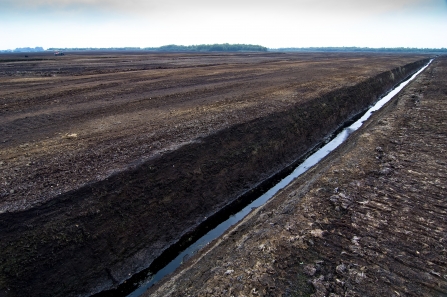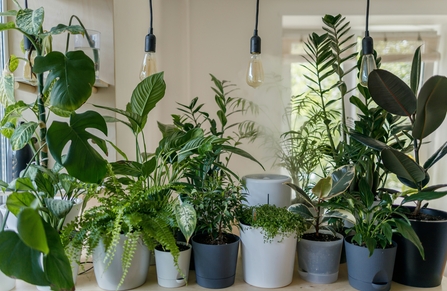Our precious peatlands are constantly under threat from the devastating impact of horticulture, which destroys irreplaceable habitats for wildlife, whilst also contributing to our climate crisis. The peat that is extracted from our bogs can be used in multiple ways and its use in products can be sneakily hidden away from us.
In 2022, the UK Government announced that it would ban the sale of bagged peat compost in England by 2024. Progress towards this has stalled and there is currently no legislation in place to achieve the promised ban. It is looking increasingly unlikely that the UK Government will enact a ban before 2025, the end of this Parliament.
We are working hard to get the ban implemented, and in the meantime we have turned our attention to where peat might be hiding in other products, so we can make our own conscious decision before buying them.



